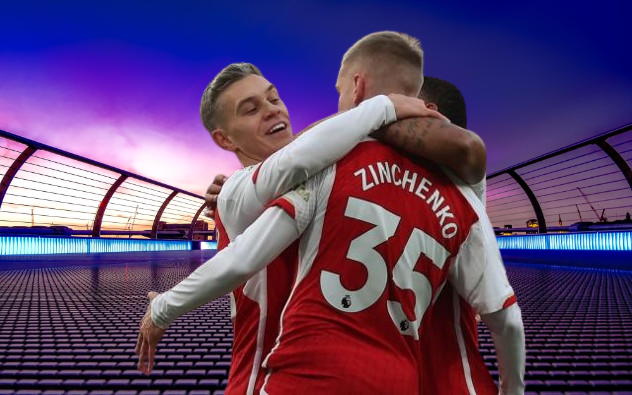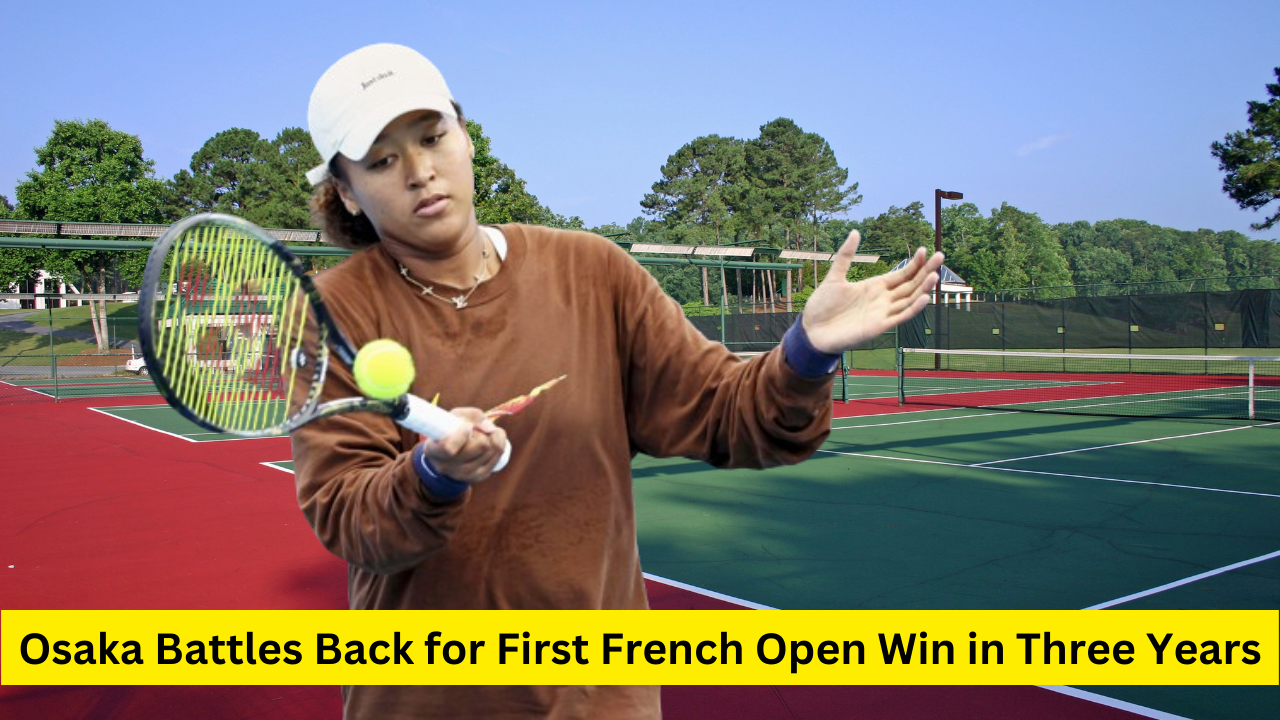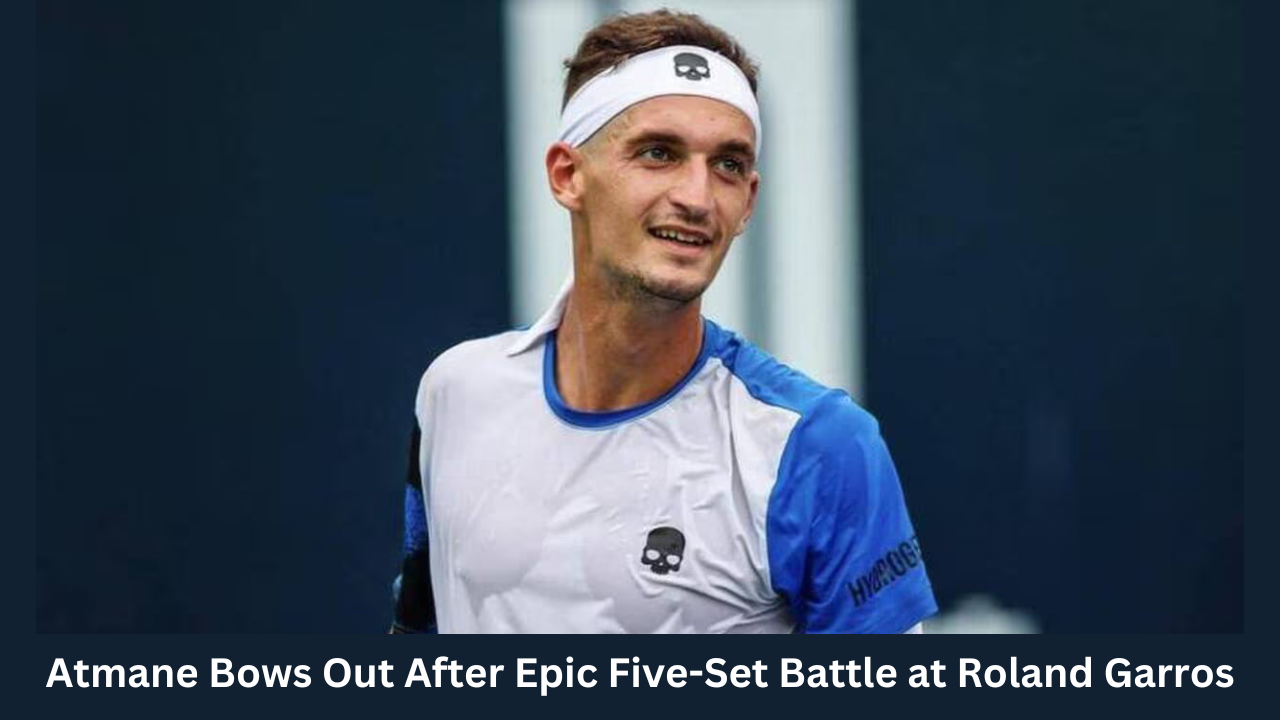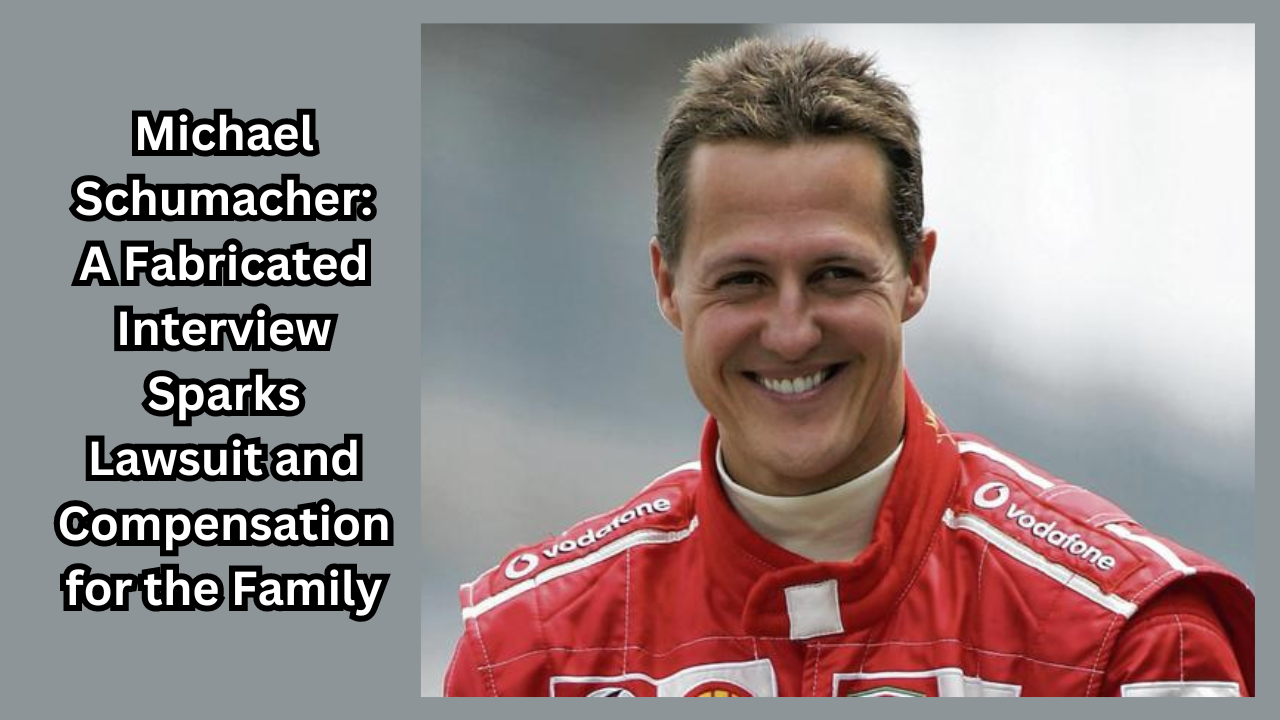If there’s one aspect of Mikel Arteta’s management that’s been lacking this season for Arsenal and their fans, it’s the failure to maximize the use of his squad. Perhaps his explanation has always been straightforward, that there weren’t enough pieces on the bench to change things during the season.
It might well be the case for most of the Premier League 2023-24 season. With upcoming fixtures against Wolverhampton, Tottenham, and Munich in the next six weeks, if they stick to their plan, discussions might even turn towards a Champions League semi-final. They’ll need to dig a little deeper in the depth chart for more accommodating fixtures.
Victory of Arsenal
The home win against Luton Town, a 2-0 affair, was another game where Arteta offered minimal alterations to appease the mythical “neutral observers,” presenting a prime opportunity to do so. Arteta handled it gracefully, steering his team back towards the top of the league while maintaining squad fitness.

“When the moment comes, they have to take it,” Arteta commented on his fringe players. “They did it today for sure. They tell me every day, every reason, regardless of the result. It’s not about the right decision or the wrong one due to the result.
“If we’d lost the game, it would’ve been because of the changes. It’s not that simple. In the end, you have to do what’s right and what they deserve. I was sure they’d respond.”
For Arteta, a man who appreciates the chess match of management, the five changes formed a significant shift in dynamic. Despite Bukayo Saka being fully integrated into training on Monday, he was held back. He’d only been off for the final 106 Premier League minutes for Arsenal, completely outlasting Emile Smith Rowe. While there was still room for Martin Odegaard and Ben White in Lyon, Declan Rice held back Gabriel Martinelli, giving the platform for Thomas Partey and Aleksandr Zinchenko, who both returned with the best player and performance of the night, to shine alongside them, reviving the partnership that formed Arsenal’s last title push.

Rob Edwards faced difficulties in selecting his team and was further hampered after a 2-1 loss to Tottenham at the end of the week as the injury list grew to 11. No Reece Burke meant a makeshift central defensive trio alongside two natural right-backs. In midfield, Pelly Ruddock and Jamie Ruddock were dreaming of playing at the Emirates Stadium, although their main targets would undoubtedly prefer to stick with Odegaard and Emile Smith Rowe on this occasion. Beyond them.
Watching a squad that couldn’t be accused of being completely overwhelmed, it was striking how much Luton had Arsenal on the ropes for considerable stretches. The gunslingers took their shots and swung, but it took time to find the synchrony that comes when Bukayo Saka, Gabriel Martinelli, and Declan Rice are all on the same wavelength. Instead, these were the initial skirmishes where individual excellence had to overcome hosts keen to leave a diligent opponent behind.
Much of it came from Smith Rowe, who is determined to make the most of his last months at Arsenal. He could have won a free kick in dangerous areas twice within the first 24 minutes if his tackle on Pinnock had been perceived, and he was caught in no man’s land with a speculative drive ahead of Thomas Kaminski. Further back, the presence of Zinchenko on the left flank meant Arsenal’s lockdown defense was slightly less secure, leaving the more penal box touches behind for a more fluid possession game, a foundation that Smith Rowe and Landro Trotta had nowhere to take.
Down the left, Zinchenko’s presence meant Arsenal were slightly less secure in defense. Still, his positioning on the ball brought the same qualities to those around him, a left-sided movement where neither Smith Rowe nor Lando Trotta had an out-ball.





